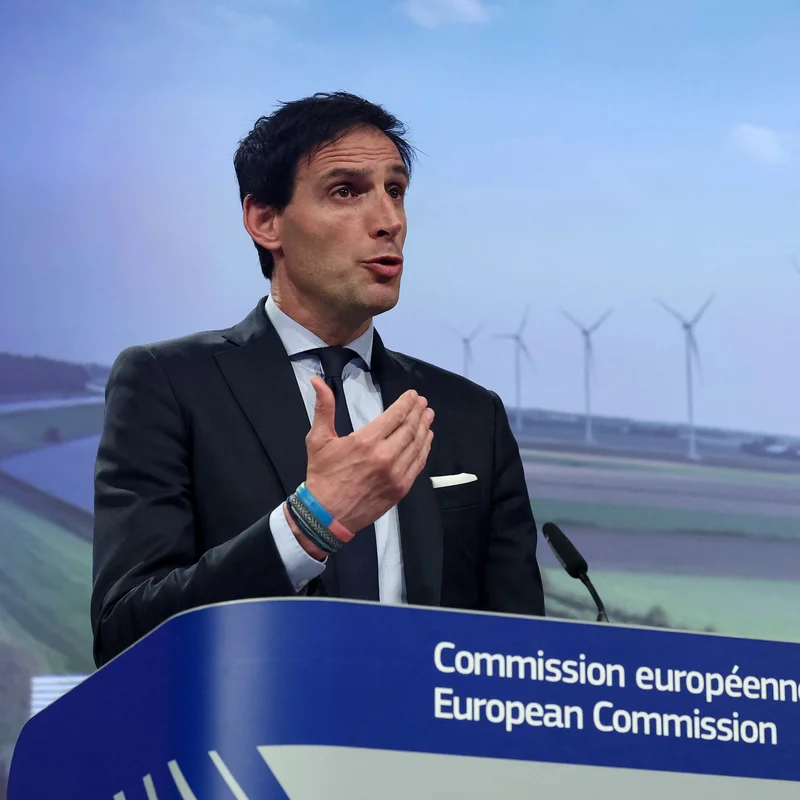Table of Contents
- Gates’s Climate Rethink: Moving Beyond Near-Term Goals
- Why This Strategic Shift Matters for Global Policy
- Reactions and Debate Sparked by Gates’s Comments
- What Comes Next Before COP30?
- Sources
Bill Gates Climate Pivot: Moving Beyond Near-Term Goals
In a surprising and potentially controversial move, billionaire philanthropist Bill Gates has publicly stated that the climate movement’s intense focus on near-term emissions goals may have been a strategic misstep. Speaking ahead of the pivotal COP30 climate summit, Gates argued that this narrow focus could be hindering more effective, long-term solutions to the global crisis .
His comments, shared in a recent statement, signal a significant evolution in his own thinking. For years, Gates has been a major funder of clean energy innovation through Breakthrough Energy. Now, he’s advocating for a broader metric of success. “Rather than focus on temperature as the best measure of progress, climate resilience would be better built by strengthening health and prosperity,” he wrote .
Why This Strategic Shift Matters for Global Policy
Gates’s influence in the climate and tech spheres is immense. His pivot away from the standard near-term emissions framework—a cornerstone of the Paris Agreement—could embolden other major players to re-evaluate their strategies. Critics of the current approach often argue that it leads to short-sighted policies that don’t address the root technological and economic challenges.
Here’s a quick comparison of the two strategic approaches:
| Traditional Approach | Gates’s Proposed Pivot |
|---|---|
| Focus: Hitting 2030 emissions targets | Focus: Building long-term climate resilience |
| Metric: Tons of CO2 reduced | Metric: Improved global health and economic prosperity |
| Solution: Policy mandates & carbon pricing | Solution: Massive R&D investment in breakthrough tech |
This shift places a heavier emphasis on innovation in areas like next-generation nuclear power, green hydrogen, and carbon removal technologies—sectors where Gates has already invested billions.
Reactions and Debate Sparked by Gates’s Comments
The reaction to Gates’s statement has been swift and mixed. Environmental justice advocates have expressed concern that moving away from strict near-term targets could provide an excuse for large polluters to delay action. They argue that immediate emissions cuts are non-negotiable for the world’s most vulnerable populations.
Conversely, some economists and technologists have welcomed the candor. They contend that without massive, sustained investment in new technologies, the world will simply not have the tools needed to achieve deep decarbonization by mid-century, regardless of near-term pledges.
What Comes Next Before COP30?
With the COP30 summit on the horizon, Gates’s intervention is perfectly timed to stir a crucial debate. Will the global community double down on its current framework, or will it adopt a more hybrid strategy that balances urgent action with a massive push for future innovation? Gates’s call for a pivot may be the catalyst that forces a more honest and pragmatic conversation about what it will truly take to secure a livable planet .




